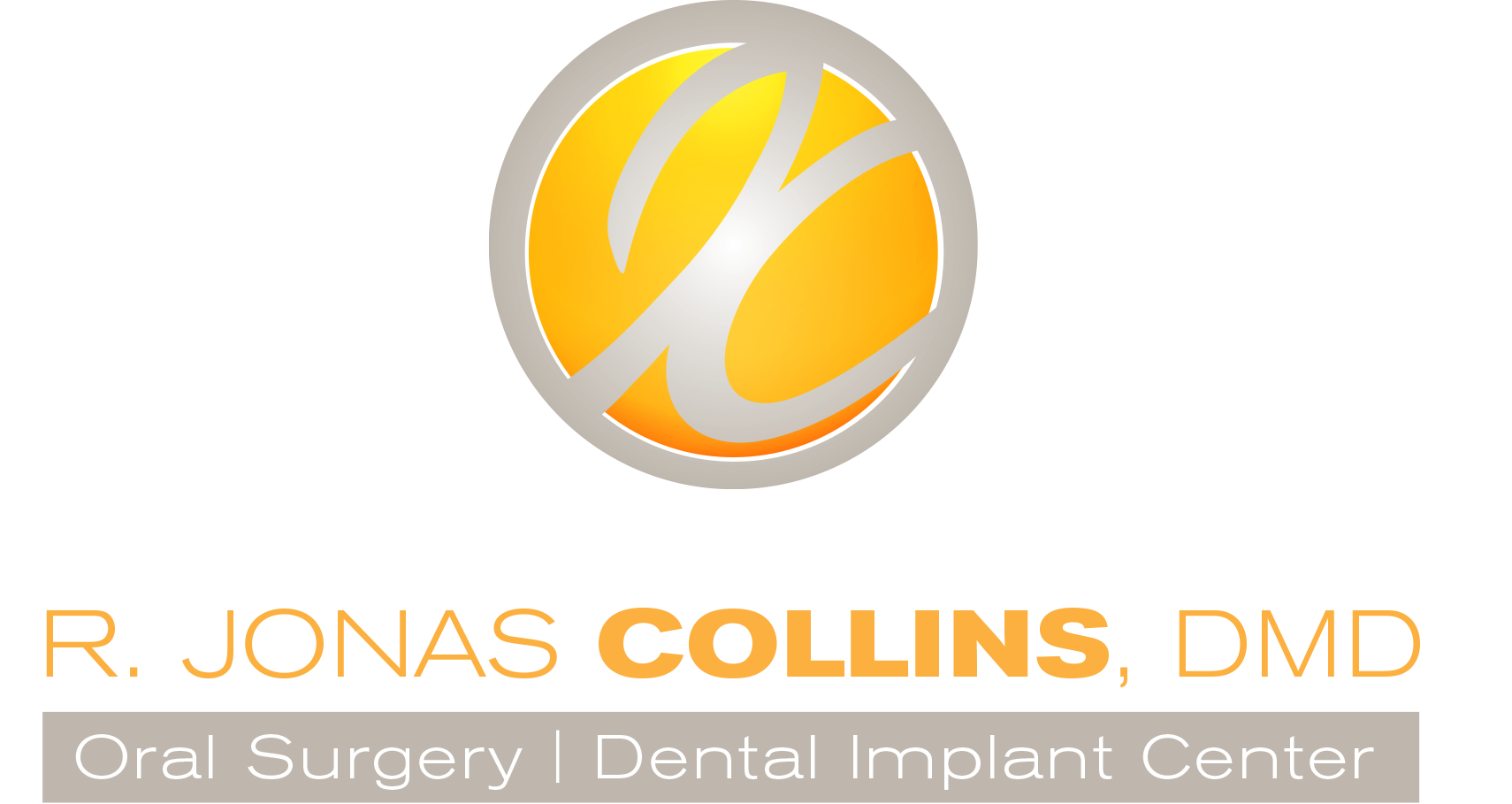

If you’re missing teeth and considering dental implants, the number of options and prices can be overwhelming. You may have seen commercials on television that offer same-day tooth replacement for both arches or already did research that didn’t address all your concerns. It’s natural to have many questions regarding the process, what to expect, and how much it will cost. From telling you up front about costs to a board-certified oral surgeon with excellent surgical and people skills, we’re committed to providing personalized solutions that exceed your expectations. We prepared this FAQ in Waynesboro and Charlottesville, VA based on our extensive experience placing dental implants and questions asked over the years by our patients. Patient education is an integral part of our practice philosophy. We want all our patients to make informed decisions and know what to expect every step of the way on their journey to a restored smile! We encourage you to review this list of frequently asked questions in Charlottesville and Waynesboro, VA as a guide to prepare for your phone consultation or first visit with our oral surgeon Dr. R Jonas Collins.
It’s natural to have many questions regarding the process, what to expect, and how much it will cost.
A dental implant is made up of three parts—a titanium post, an abutment, and the restoration. The titanium post replaces the natural tooth root and once it fuses with your jawbone, delivers a secure and strong support for a replacement tooth, bridge, partial dentures, or full mouth dental implants.
If you lost a tooth or teeth due to decay, periodontal disease, injury, a failed root canal, or root resorption, you may be a candidate for dental implants. After a comprehensive consultation and evaluation, Dr. Collins will provide you with recommendations based on your oral and overall health. While adequate bone health and healthy gums are a perquisite for dental implants, Dr. Collins has the knowledge and skills to resolve these issues to help most patients become good candidates for dental implants.
Dental implants are considered the gold standard tooth replacement solution because they offer unsurpassed longevity, versatility, superb functional benefits, and a beautiful, natural appearance. They can be used to replace a single tooth, many teeth, upper or lower arches, or both.
Dental implants have achieved a consistently high success rate (95-98%) since their introduction more than 40 years ago. A combination of surgical technology, high-quality materials, clinical experience, long-term professional maintenance, and diligent oral hygiene helps ensure the best outcomes.
The cost of dental implants is based on many factors, including the number of missing teeth and location, type of implant posts and restorative materials, need for preliminary treatments (e.g. bone grafting), practice overhead, and geographic differences. We believe in transparent pricing and offer substantial discounts, unlimited warranties, file insurance claims on your behalf, work hard to maximize your benefits, and offer third-party financing through CareCredit®.
I understand the information disclosed in this form may be subject to re-disclosure and may no longer be protected by HIPAA privacy regulations and the HITECH Act.